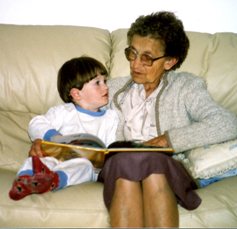Mardi’s story
My earliest memories of being different from others would be in my early primary school years. My friendships were very unstable due to my low self-esteem. One day I would have a friend and be very happy, the next day I would come home crying to Mum because I had no friends and no one liked me. I began to dislike school because I felt so lonely and unloved there. There is nothing that can describe how lonely and self-conscious I felt at school then. I didn’t have a sixth grade buddy or a high school friend. No one was there to make me feel special or like I was really needed.








